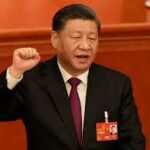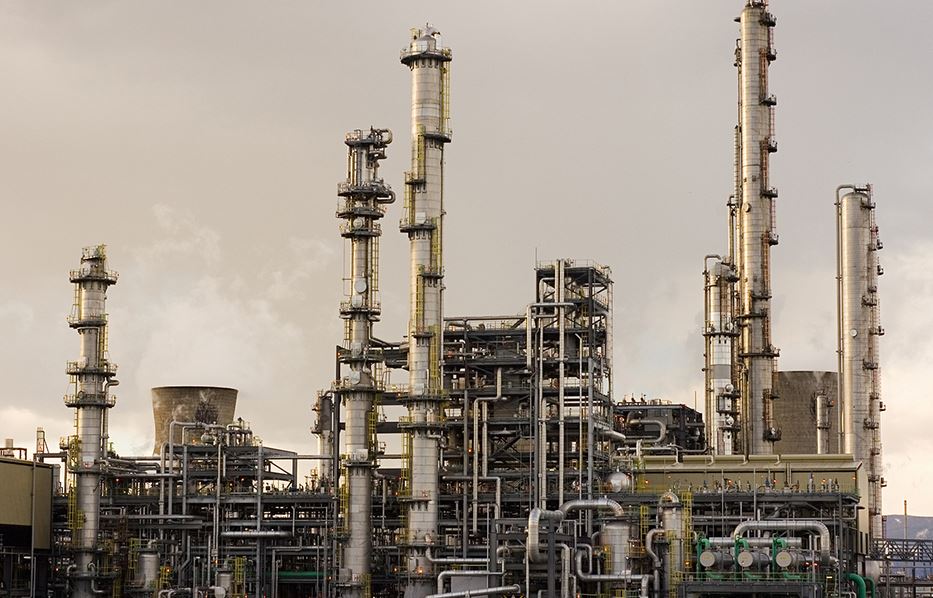The Tinubu-led Federal government has placed a ban on the export of crude oil meant for domestic refineries in the country.
About 500,000 barrels of crude oil per day meant for domestic refining have been finding their way to the international market as producers and traders shortchange the policy for quick foreign exchange proceeds.
Acting through the upstream sector regulator, the Nigerian Upstream Petroleum Regulatory Commission, NUPRC, the government warned that it will henceforth deny export permits for crude oil cargoes intended for domestic refining.
The commission in a statement in Abuja, insisted that any changes to cargoes designated for domestic refining must receive express approval from its chief executive.
In a letter dated February 2, 2025, addressed to exploration and production companies and their equity partners, the commission’s Chief Executive Officer, Engr. Gbenga Komolafe said diverting crude oil meant for local refineries is a violation of the extant laws of the country.
At a meeting last weekend, attended by more than 50 critical industry players, both refiners and producers blamed each other for inconsistencies in the implementation of the Domestic Crude Supply Obligation, DCSO, policy.
While refiners claimed that producers are not meeting supply terms and preferred to sell crude outside, forcing them to look elsewhere for feedstock, producers countered that refiners hardly meet commercial and operational terms, forcing them to explore other markets elsewhere to avoid unnecessary operational bottlenecks.
They, however, agreed that the regulator has put in place appropriate measures for effective implementation of the law.
The regulator cautioned against any further breaches from either party, and advised refiners to adhere to international best practices in procurement and operational matters.
The commission reminded producers not to vary the conditions stated in the DCSO policy without obtaining express permission from the chief executive before selling crude outside the agreed framework.
Komolafe referenced Section 109 of the Petroleum Industry Act (PIA) 2021, which aims to ensure stable supply of crude to domestic refineries and strengthen the nation’s energy security.
He said NUPRC would, henceforth, strictly enforce the policy regarding implementation and defaults by oil companies.
He stated that significant regulatory actions had already been taken by the commission, in line with enabling laws to enforce compliance with the DCSO.
These actions, according to him, include development and signing of the Production Curtailment and Domestic Crude Oil Supply Obligation Regulation 2023, as well as the creation of the DCSO framework and procedure guide for implementation.



























